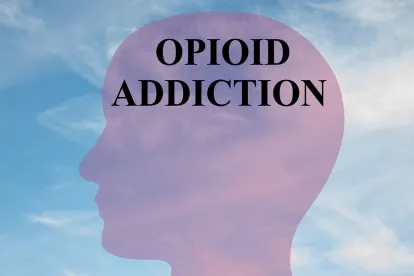The Senate Health, Education, Labor and Pensions Committee recently passed the Opioid Crisis Response Act of 2018 (OCRA) – a bipartisan package of more than 40 proposals designed to help families and entire communities affected by the nation-wide opioid crisis.
OCRA, in part, incorporates a lenient version of the Protecting Jessica Grubb’s Legacy Act, S. 1850 (Jessie’s Law) which pushes for the U.S. Department of Health and Human Services (HHS)to develop best practices for displaying a patient’s history of opioid abuse in electronic health records if requested by the patient. To the dismay of various stakeholders, OCRA does not actually amend 42 C.F.R. Part 2 – the federal confidentiality regulations that govern substance use disorder information in patient records – to permit such practice.
Unlike the Health Insurance Portability and Accountability Act (HIPAA), Part 2 generally prohibits substance use disorder treatment programs and certain other persons and entities from disclosing patient information or records to others, particularly in response to law enforcement related inquiries, without first obtaining a patient’s written consent or authorization. The Substance Abuse and Mental Health Services Administration, a branch of HHS, recently revised Part 2 in 2017 to make it easier to share Part 2 information with providers and other entities who may need access to such information, but providers want to see more alignment with HIPAA rules.
The full Congress and the President must approve OCRA before it becomes law.



 />i
/>i
